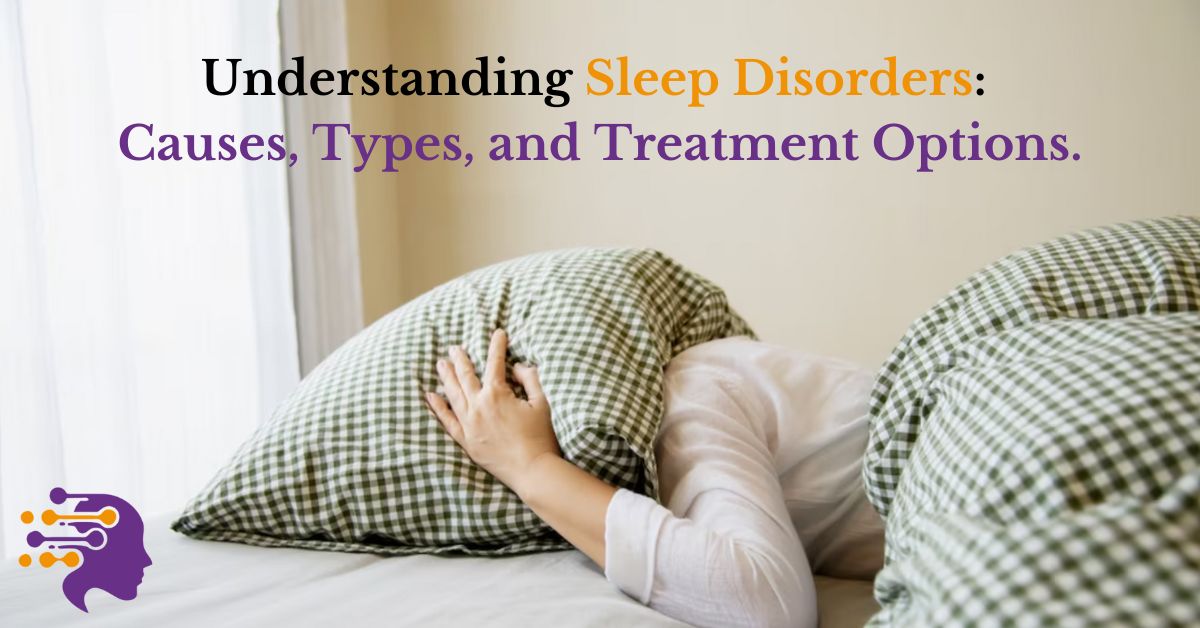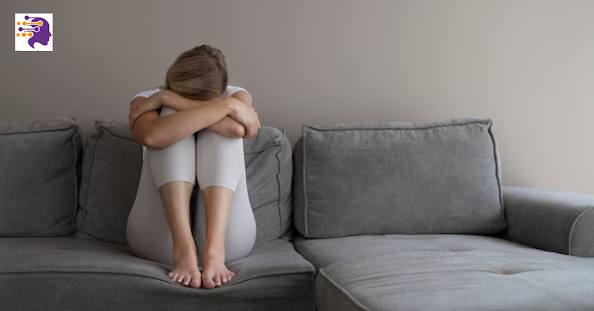Understanding Sleep Disorders: Causes, Types, and Treatment Options.
Introduction:
Sleep is a vital component of our overall health and well-being. It allows our bodies to rest, recover, and recharge for the next day. However, for many individuals, achieving restful and uninterrupted sleep can be a significant challenge due to various sleep disorders. Sleep disorders are conditions that disrupt the normal pattern of sleep, leading to difficulties in falling asleep, staying asleep or experiencing quality sleep.
Causes of Sleep Disorders:
Sleep disorders can stem from a variety of factors,
including:
·
Medical
Conditions: Certain medical conditions, such as sleep apnea, restless legs
syndrome, chronic pain, and neurological disorders, can disrupt sleep patterns.
·
Mental
Health Disorders: Conditions like anxiety, depression, and post-traumatic
stress disorder (PTSD), and bipolar disorder can contribute to sleep
disturbances.
·
Lifestyle
and Habits: Poor sleep hygiene, irregular sleep schedules, excessive
caffeine or alcohol consumption, smoking, and high-stress levels can all impact
sleep quality.
·
Environmental
Factors: Noise, light, an uncomfortable sleep environment, or disruptions
to the sleep environment (e.g., shift work) can affect sleep patterns.
·
Sleep
disorder treatment in Indore is
easily accessible for the patients.
Common types of sleep disorders
·
Insomnia:
Insomnia is characterized by difficulties falling asleep, staying asleep,
or waking up too early, despite adequate opportunity for sleep.
·
Sleep
Apnea: Sleep apnea is a disorder where breathing repeatedly stops and
starts during sleep. It can be caused by a partial or complete obstruction of
the upper airway.
·
Restless
Legs Syndrome (RLS): RLS is characterized by an irresistible urge to move
the legs, often accompanied by uncomfortable sensations. Symptoms are typically
more prominent during periods of rest or inactivity.
·
Narcolepsy:
Narcolepsy is a neurological disorder that causes excessive daytime sleepiness
and uncontrollable episodes of falling asleep during the day.
· Parasomnias: Parasomnias are abnormal behaviors or experiences that occur during sleep, such as sleepwalking, sleep talking, nightmares, or night terrors.
Treatment option:
·
Lifestyle
Modifications: Adopting good sleep hygiene practices, maintaining a regular
sleep schedule, creating a conducive sleep environment, and avoiding substances
that can disrupt sleep (e.g., caffeine, nicotine, alcohol).
·
Cognitive-Behavioural
Therapy for Insomnia (CBT-I): CBT-I focuses on identifying and modifying
behaviours, thoughts, and beliefs that contribute to sleep difficulties. It
aims to improve sleep quality and establish healthier sleep patterns.
·
Medical
Interventions: In cases of sleep apnea, continuous positive airway pressure
(CPAP) therapy may be recommended. Medications, such as sedatives or
medications for specific sleep disorders, may be prescribed under the guidance
of a healthcare professional.
·
Addressing
Underlying Health Conditions: Treating underlying medical or mental health
conditions that contribute to sleep disturbances can often improve sleep
quality.
These all sleep disorder treatment is available in Indore,
the largest city of central India, as here one of the finest psychiatrists is
working.
Conclusion:
Sleep disorders can have a significant impact on an
individual's overall health, productivity, and quality of life. Understanding
the causes and types of sleep disorders is crucial for seeking appropriate
diagnosis and treatment. If you are experiencing persistent sleep difficulties,
it is important to consult a best psychiatric doctor
in Indore or sleep specialist for a comprehensive evaluation and
guidance. With proper management and treatment, many sleep disorders can be
effectively addressed, leading to improved sleep and overall well-being.
Sleep disorders
are gaining ground day by day all over the world. In India, sleeping disorders
are gaining space mainly in urban India. No doubt all types of sleeping
disorders are treatable. By CBT, counselling therapy, lifestyle modification,
and prescribed medication sleep disorders can be treated.




Comments
Post a Comment